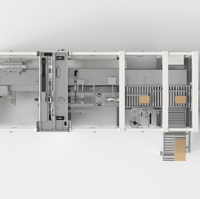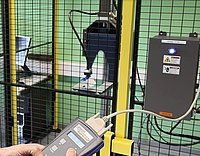How MES enforce data integrity: examples
Karen Takahashi, FDA, has analyzed the data integrity warning letters statistically. Manufacturing Execution Systems (MES) like Werum’s PAS-X can prevent these issues with their incorporated ALCOA+-based functionalities.
Three examples: The 7th most frequent quotation was: “Your firm failed to document production and process control functions at the time of performance (21 CFR 211.100(b)).” Having an operator execution dialog, a timely data entry and capture is enforced. If the PAS-X MSI Plug & Produce interface is in place, data will even be captured automatically.
4th most frequent quotation was: “Your firm failed to maintain complete information relating to the production and control of each batch (21 CFR 211.188).” In MES, this is typically controlled by an integrated order data management with ERP, LIMS, CAPA and other interfaced IT systems involved in the batch record execution. Review by Exception features, for example, enforces the audit trail review regarding the CPPs and CQAs.
The 2nd most frequent quotation was: “Your firm failed to exercise appropriate controls over computer or related systems to assure that only authorized personnel institute changes in the master production and control records, or other records (21 CFR 211.68 (b)).” MES enforce the formal user administration and workflows related to the access and the record change management. They also support features related to the use of RFID card readers or biometric equipment, thus enforcing data integrity by streamlining the identification and user access procedures.







